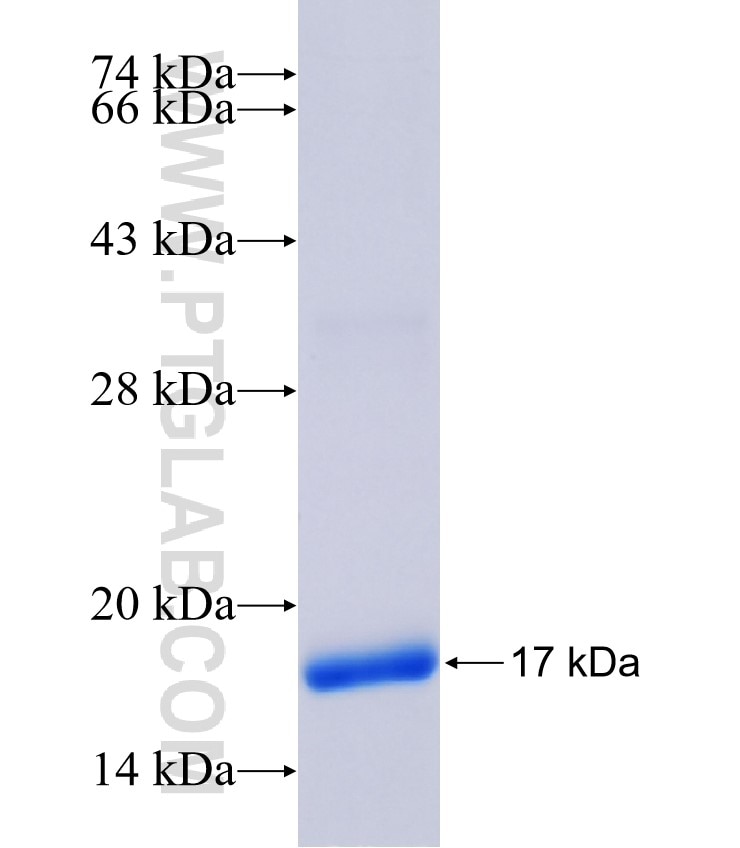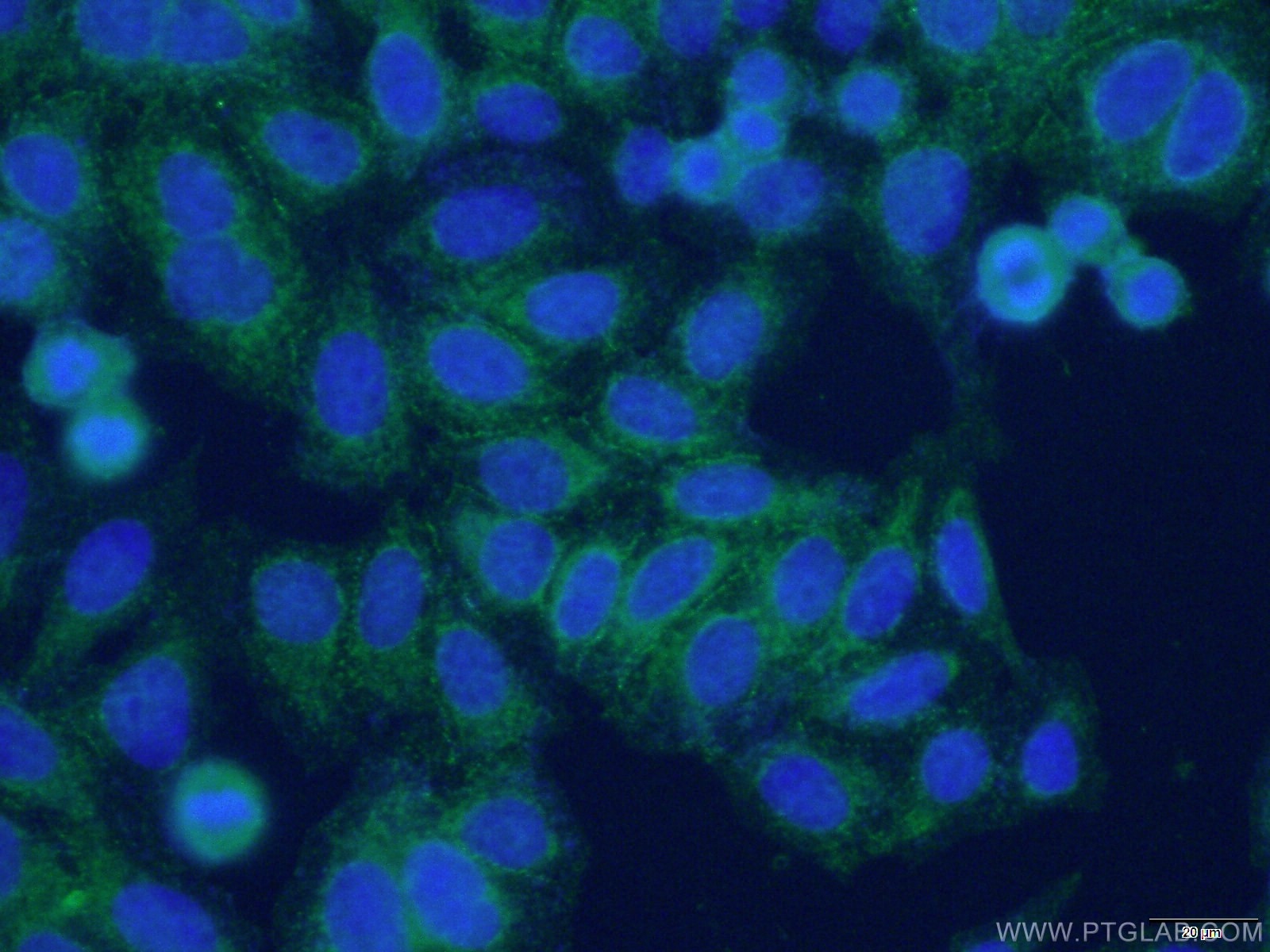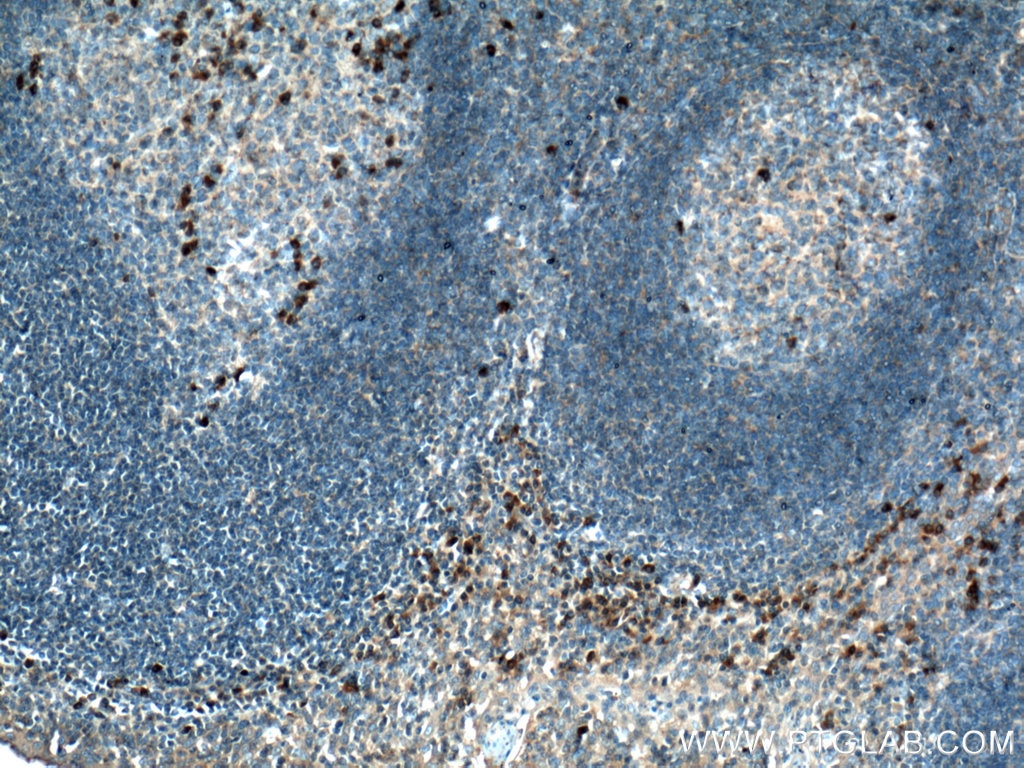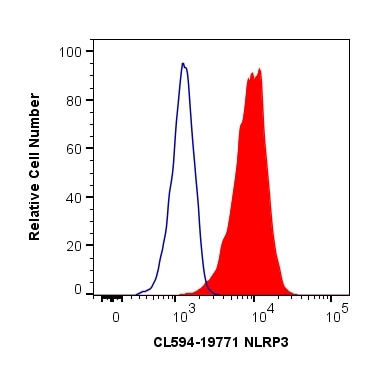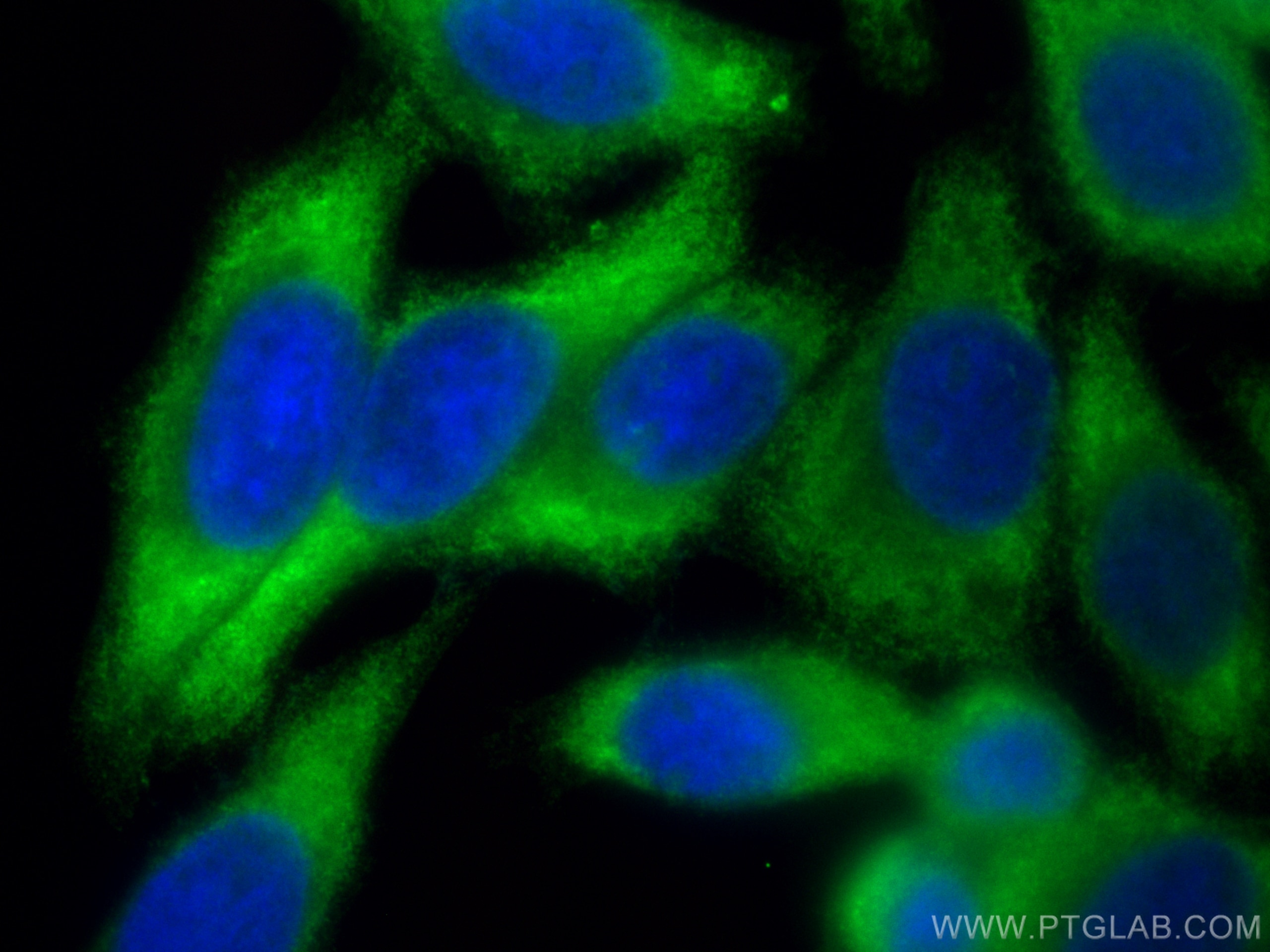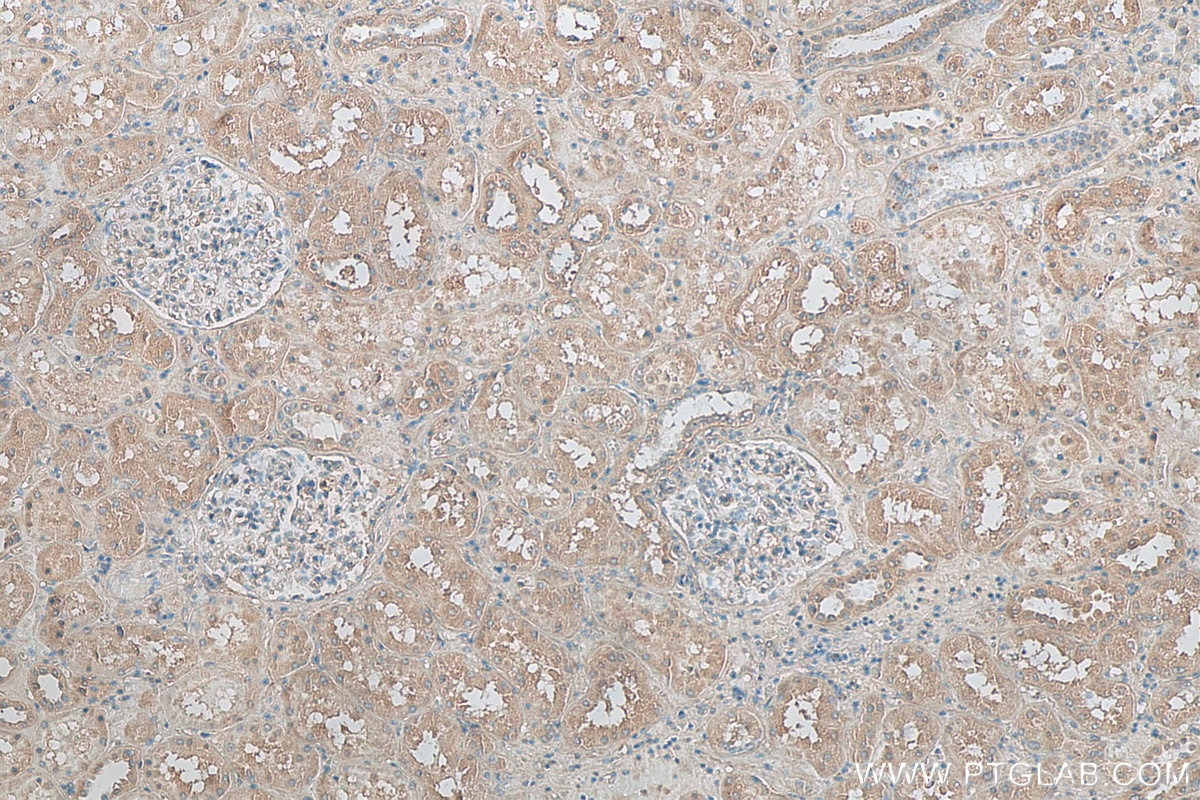Recombinant human NLRP3 protein
Source
e coli.-derived, PET28a
Tag
6*His
Format
Powder
Publications
1
Cat no : Ag26289
Synonyms
AGTAVPRL; AII; AII/AVP; AVP; C1orf7; CIAS1; CLR1.1; FCAS; FCU; FLJ95925; MWS; NALP3; PYPAF1
Validation Data Gallery View All
Product Information
| Peptide Sequence |
MLHPDCKLQVLELDNCNLTSHCCWDLSTLLTSSQSLRKLSLGNNDLGDLGVMMFCEVLKQQSCLLQNLGLSEMYFNYETKSALETLQEEKPELTVVFEPSW
(937-1036 aa encoded by NM_001079821) |
| Activity | Not tested. |
| Endotoxin Level | Please contact the lab for more information. |
| Purity | 85%, by SDS-PAGE with Coomassie Brilliant Blue staining. |
| Formulation | The purified protein was Lyophilized from sterile PBS (58mM Na2HPO4,17mM NaH2PO4, 68mM NaCl, pH7.4). 5 % trehalose and 5 % mannitol are added as protectant before lyophilization. The elution buffer contain 300mM imidazole. |
Reconstitution and Storage
| Reconstitution |
Reconstitute at 0.25 µg/μl in 200 μl sterile water for short-term storage.
After reconstitution with sterile water, if glycerol has no effect on subsequent experiments, it is recommended to add an equal volume of glycerol for long-term storage (see Stability and Storage for more details). If a different concentration is needed for your purposes please adjust the reconstitution volume as required (please note: the ion concentration of the final solution will vary according to the volume used). Note: Centrifuge vial before opening. When reconstituting, gently pipet and wash down the sides of the vial to ensure full recovery of the protein into solution. |
| Shipping | The product is shipped at ambient temperature. Upon receipt, store it immediately at the recommended temperature (see below). |
| Stability and Storage | Store for up to 12 months at -20°C to -80°C as lyophilized powder. |
| Storage of Reconstituted Protein |
Short-term storage: Store at 2-8°C for (1-2 weeks).
Long-term storage: Aliquot and store at -20°C to -80°C for up to 3 months, reconstitution with sterile water and addition of an equal volume of glycerol. Avoid repeat freeze-thaw cycles. |
Publications
| Species | Title |
|---|---|
Biol Open Exogenous hydrogen sulfide mitigates NLRP3 inflammasome-mediated inflammation through promoting autophagy via the AMPK-mTOR pathway. |
